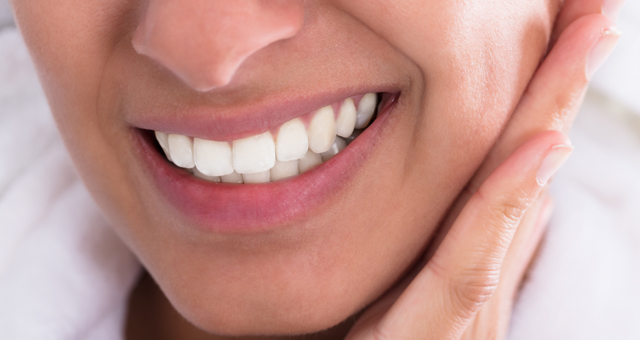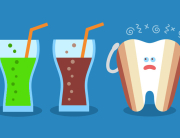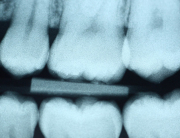Teeth grinding, or Bruxism as it’s officially known, is one of those tricky conditions that you could be suffering from without even knowing it. An involuntary clenching, grinding and gnashing of the teeth, it doesn’t always display its symptoms in ways that are immediately noticeable.
Most people aren’t even aware they are grinding their teeth until their partners tell them or advanced symptoms such as jaw pain, headaches and worn down, sensitive teeth start to emerge. Symptoms of tooth grinding What makes discovering if you grind your teeth so challenging, is that while you may have some symptoms when you first wake up, they can quickly disappear; and if you grind teeth during waking hours, symptoms won’t be noticeable until later in the day.
So what should you be looking out for?
• Fractured, chipped or loose teeth
• A dull headache, sore jaw and/or ear pain
• Aching teeth, and stiffness in the face and temples, particularly after you’ve just woken up
• Sore jaw while you’re eating, especially at breakfast time
• Sensitivity to hot and cold food and drinks
• Intense jaw clenching
• Clicking jaw
Even if you’re not sure that teeth grinding is responsible for the symptoms you’re experiencing, telling your dentist as soon as you suspect something’s wrong means they can perform a diagnosis and recommend possible treatment options.
Problems caused by tooth grinding
All those niggling, sometime painful symptoms may be precursors to even worse damage being done. Bruxism places a lot of pressure on your teeth, cracking their protective enamel, and puts crowns and fillings at risk as well as placing great stress on your jaw joints and vital muscles. You might also find your teeth are more sensitive to temperature fluctuations, and more painful to bite down on as the fibre that attaches them to the bone gets inflamed.
Causes and treatments
The range of likely causes of bruxism are physical and psychological meaning that any treatment will often need to address both these things. Your dentist, of course, will take care of the possible physical causes such as overly-high fillings, or missing or crooked teeth, and may fit with a mouthguard if you grind your teeth at night.
Contact us today on (08) 8251 7677 for further information about teeth grinding or to book an appointment at Essential Dental… so you can clearly ‘discover the difference’.







